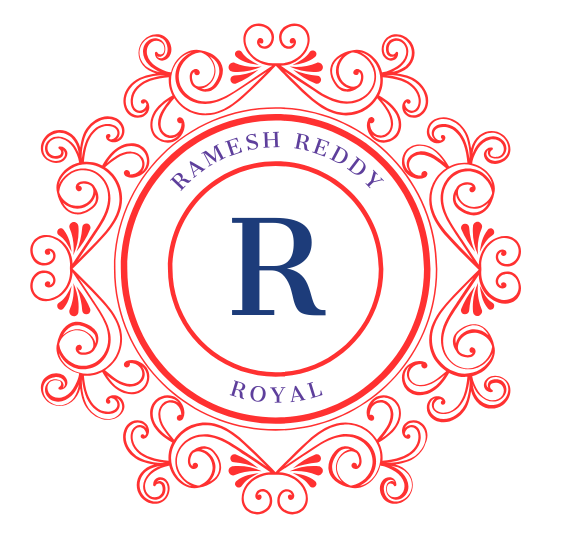In the ever-evolving world of nutrition, various diets emerge as trends, promising health benefits and weight management. However, with a multitude of options available, it’s essential to navigate the landscape with a critical eye. Let’s unpack the pros and cons of some popular diets to help you make informed choices for your nutritional journey.

1. Ketogenic Diet:
Pros:
- Rapid weight loss: The ketogenic diet is known for its ability to induce quick weight loss, primarily through the process of ketosis.
- Blood sugar control: It may help regulate blood sugar levels, making it beneficial for individuals with diabetes.
Cons:
- Limited food choices: The diet restricts carbohydrates, potentially leading to limited fruit and vegetable intake.
- Keto flu: Some individuals may experience initial side effects such as fatigue and irritability.
2. Mediterranean Diet:
Pros:
- Heart health: Rich in heart-healthy fats and antioxidants, the Mediterranean diet is associated with a reduced risk of heart disease.
- Balanced and sustainable: It promotes a balanced approach to eating with an emphasis on whole foods.
Cons:
- May not be suitable for all goals: While it’s excellent for overall health, it might not be the best choice for rapid weight loss.
3. Plant-Based/Vegan Diet:
Pros:
- Weight management: Plant-based diets are often associated with weight loss and weight maintenance.
- Reduced risk of chronic diseases: A plant-based diet can contribute to a lower risk of heart disease, diabetes, and certain cancers.
Cons:
- Nutrient considerations: Planning is essential to ensure adequate intake of certain nutrients, such as B12, iron, and omega-3 fatty acids.
- Social challenges: Dining out or finding plant-based options in certain settings can be challenging.
4. Intermittent Fasting:
Pros:
- Weight management: Intermittent fasting may aid in weight loss and body composition improvement.
- Cellular repair: It promotes cellular repair processes and may have positive effects on longevity.
Cons:
- Not suitable for everyone: It may not be suitable for individuals with certain health conditions or those with a history of disordered eating.
- Initial adjustment: Some people may find it challenging to adapt to the fasting periods initially.
5. Gluten-Free Diet:
Pros:
- Celiac disease management: For individuals with celiac disease or gluten sensitivity, a gluten-free diet is essential.
- Improved digestive health: Some people with non-celiac gluten sensitivity report improved digestive symptoms on a gluten-free diet.
Cons:
- Nutrient deficiencies: A gluten-free diet can lead to deficiencies in certain nutrients, as gluten-containing grains are often fortified.
- Limited food choices: It may be challenging to find gluten-free alternatives and maintain a balanced diet.
Conclusion: Finding Your Balance
While these popular diets offer various benefits, it’s crucial to approach them with individual health goals, preferences, and nutritional needs in mind. There is no one-size-fits-all solution, and what works for one person may not work for another. Consulting with a healthcare professional or a registered dietitian can provide personalized guidance tailored to your unique circumstances.
Remember, the key to sustainable and enjoyable nutrition is finding a balance that aligns with your lifestyle and promotes overall well-being. Keep in mind that a diverse and varied diet, rich in whole foods, is often the foundation for good health. As you explore nutrition trends, make informed choices that resonate with your goals and contribute to a healthier, happier you.
